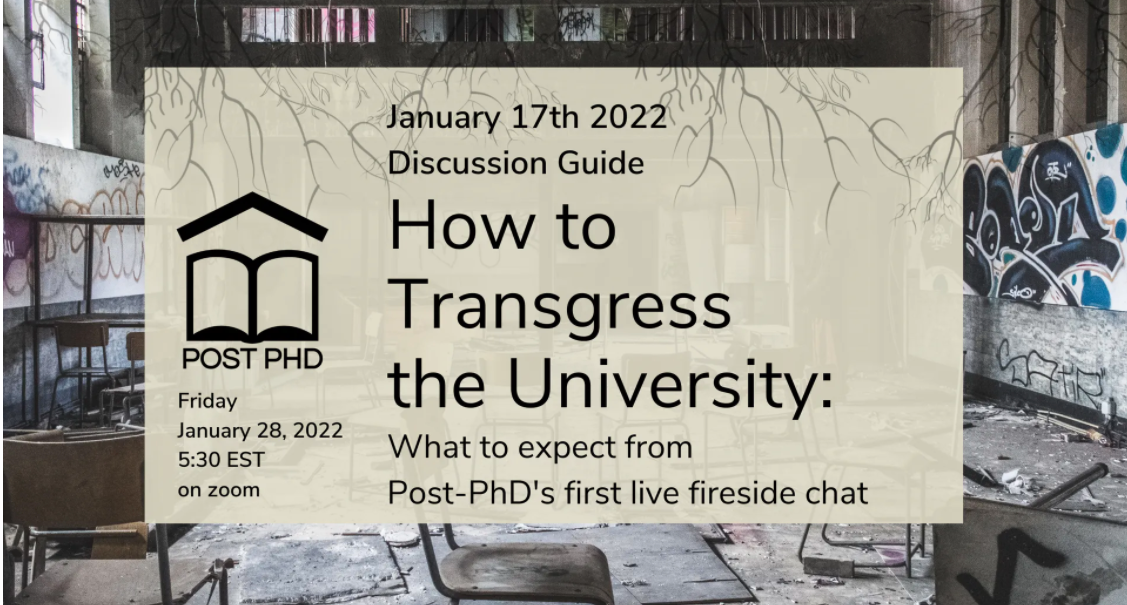Unlearning Art History
Unlearning Art History
In this post: I talk about my personal evolution through and beyond my art history Ph.D. and the concept of "canon" and "canonical" artists.
Next week: Academia is no meritocracy. Neoliberal ideology-driven competition turns us into fools, shame on us.
Last week: I talk about the revelatory impact of Bell hooks' Teaching to Transgress and how it taught me how to be a fully engaged educator.
“You know, if you choose to write about a lesbian artist, most people will assume you are gay too” - a professor known for her contributions to the history of women’s art.
The above line was spoken to me while I was in grad school and working on my Master’s thesis on the lesbian contemporary photographer Roni Horn. At the time, I was on the cusp of coming out of the closet after the long, fraught, and weirdly traumatizing process of first coming out to yourself. I remember bristling at this comment, and wondering just what type of “feminist,” exactly, this woman considered herself.
This tiny microaggression was certainly not the first nor the last I would face in coming out as the much-detested identity of lesbian. However, it sparked a desire to understand difference and just how essential it is for all of us.
What do we stand to gain from studying marginalized figures and identities? How do they disrupt or even challenge how we think of ourselves?
This is a question that I spent a great deal of time considering while I was earning my PhD in art history. I began analyzing my field through the lens first of feminist theory, and then through race and ethnic studies, in a combination that is usually called “intersectional feminism,” a term coined by the amazing Kimberlé Crenshaw.
I began to see canonical male artists that were being jammed down my eager graduate student throat in a different light entirely. Gauguin’s beautiful Tahitian goddesses that have become a hallmark of modernism look very different when you consider the full history of how those images were made. As this artsy article aptly notes, museums (and art historians until recently) have chosen to “overlook” the the reality that many of them were as young as 14 and his gross misconceptions of Tahtian culture led him to convince himself he was justified in his statutory rape in order milk “the myth of the noble savage to satisfy his exotic fantasies while boosting the market for his art back home” as Meredith Mendelsohn writes. Gross.
Enter that well-loved debate about problematic historical figures. Gauguin’s paintings are mysterious with their flat modernist aesthetic that is at the same in a three-dimensional yet flattened plane, punctuated by large swaths of color just a little too rich to be taken as realistic.
The beauty of his compositions and color directs your attention to his subjects: Tahitian women and girls. Their fierce gaze back at the viewer always makes me wonder about who they were. They stare back at us with an inscrutable expression that adds a layer of complexity to the Mona-Lisa effect of portrait sitters staring back at you.
For this reason, I was never particularly attached to the canonical mainstays of (white male) modern art because I never felt seen or heard looking at their works. So, what then? I decided to instead examine the cultural production of brown and Black women (here’s my whole dissertation on it). All of this was heretical, and over the remaining five years of my PhD I would be told as much, over and over, in endless ways.
It’s through their art that we are able to glimpse the way they see the world. Nearly a decade later, I have come to believe that the cultural production of brown and Black women offer the most important perspective we can have today. Those who have managed to make it through the entrenched racism and sexism of our society, which sees black women as commodities to be exploited more than anything else, offer the most important lessons that art and culture offer to us. As my students would say: Periot!
I now see all of the experiences of academia as just as critical as what I learned, or unlearned, from leaving the cult. It primed me to find a different, more substantial, way of making a net positive impact on the world. And teaching high school provided the first actionable step in what would ultimately be a tumultuous yet transformative journey into who I am today. But more on that next week!
If you haven’t already, check out my post “Gay Art History,” for more on this topic.
Xx
Allison Harbin
Further reading:
For more on queer feminist art and Roni Horn, check out the blog “Feminine Moments” by artist Birthe Havmoeller.
“Microaggressions Are A Big Deal: How to Talk Then Out and When to Walk Away,” by Andrew Limbong for NPR.
“Gauguin’s ‘stange, beautiful, and exploitative’ portraits,” by Holly Williams for BBC
“The Intersectionality Wars: When Kimberlé Crenshaw coined the term 30 years ago, it was a relatively obscure legal concept. Then it went viral” by Jane Coaston for Vox















In this post: A reflection on the UCU strikes, past and upcoming content, and what the f*ck we are supposed to do with all this mess, including a list of what I'm reading.